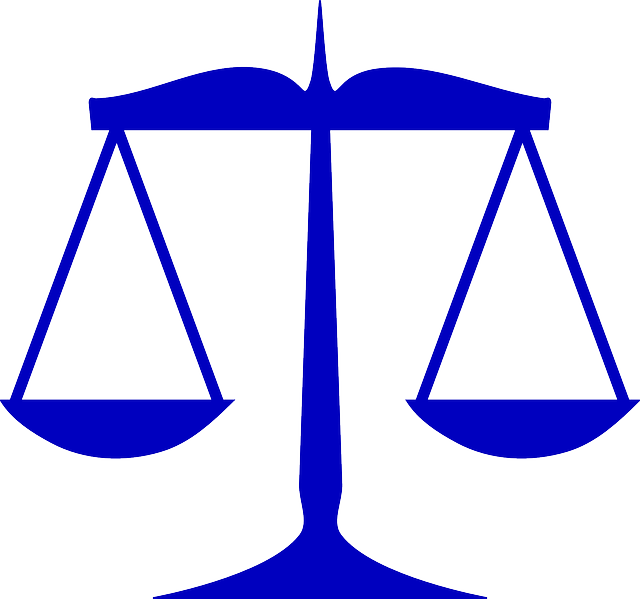Plea bargaining, a key strategy in whistleblower protection lawsuits, presents a delicate balance for defendants. While it offers advantages like reduced charges, quicker resolutions, and potential reputational damage minimization, there are significant drawbacks. Defendants risk admitting guilt, which can open doors to future challenges, and face long-term impacts on opportunities and perception. Carefully weighing these pros and cons is crucial when navigating this intricate legal process, especially with the robust whistleblower rights framework in place.
Whistleblower Protection Lawsuits are on the rise, as individuals brave legal battles to expose corporate or governmental wrongdoings. This article navigates the complex intersection of whistleblower rights and legal strategies, focusing on plea bargaining—a key aspect for defendants. We explore the basics of whistleblower lawsuits, dissecting the pros and cons of plea bargaining from a defendant’s perspective, and offer valuable insights into effective defense strategies. Understanding these dynamics is crucial in today’s legal landscape.
- Understanding Whistleblower Protection Lawsuit Basics
- Plea Bargaining: An Overview for Defendants
- Pros of Plea Bargaining in Whistleblower Cases
- Cons of Plea Bargaining for Defendants
- Strategies for Defendants Facing Whistleblower Protection Lawsuits
Understanding Whistleblower Protection Lawsuit Basics

Whistleblower protection lawsuits are legal battles that arise when individuals (known as whistleblowers) disclose information about illegal or unethical activities within an organization. These suits can be complex, pitting whistleblowers against powerful entities. At their core, these cases revolve around balancing the public interest in exposing wrongdoing with the rights of businesses and individuals to due process.
Plea bargaining is a common tactic used by defendants in whistleblower protection lawsuits, offering both pros and cons. For his clients involved in white-collar crimes across the country, negotiating a plea deal can provide a potential path to reduced penalties. However, it also comes with drawbacks; accepting a plea bargain often means admitting guilt, which can carry long-lasting repercussions for future opportunities and public perception. Weighing these factors is crucial as defendants navigate this intricate legal landscape.
Plea Bargaining: An Overview for Defendants

Plea bargaining is a strategic process where defendants and prosecutors negotiate an agreement to resolve a criminal case outside of trial. This involves a defendant pleading guilty or no contest in exchange for reduced charges, a lighter sentence, or both. While plea bargaining can offer several advantages for defendants—such as avoiding the stress, time, and uncertainty of a trial—it also comes with potential drawbacks.
The pros of plea bargaining include achieving an unprecedented track record of winning challenging defense verdicts and, in some cases, securing the complete dismissal of all charges. However, it’s crucial to consider the cons. Defendants may be forced to accept culpability for crimes they didn’t commit or face harsher penalties than if they went to trial and were acquitted. Additionally, once a plea bargain is accepted, there’s no turning back, which can have significant implications for an individual’s future.
Pros of Plea Bargaining in Whistleblower Cases
Cons of Plea Bargaining for Defendants

Plea bargaining is a strategic move for defendants in both high-stakes cases and white collar defense, offering a potential path to mitigate penalties. However, while it may seem like an attractive option, there are several cons that corporate and individual clients should consider. One significant drawback is the loss of control over the outcome; defendants often plead guilty to a lesser charge or agree to a specific sentence in exchange for reduced prosecution. This can result in a less favorable resolution than if the case went to trial, especially if the defendant’s actions were not as severe as initially portrayed.
Additionally, plea bargaining may have long-term implications on a person’s reputation and future opportunities. A guilty plea, even for a reduced charge, can stain an individual’s character, impacting professional prospects within their industry. For corporate clients, a plea bargain might involve significant financial settlements or structural changes to ensure compliance with regulations, which could disrupt business operations and impact future growth strategies.
Strategies for Defendants Facing Whistleblower Protection Lawsuits

When facing whistleblower protection lawsuits, defendants often navigate a complex landscape where their strategic choices can significantly impact the outcome. One commonly employed tactic is plea bargaining, which offers both pros and cons. On the positive side, a plea bargain can lead to reduced charges or sentencing, providing a quicker resolution and potentially minimizing reputational damage. This strategy is particularly appealing in cases involving white-collar and economic crimes, where complex defenses can be costly and time-consuming.
However, defendants must weigh these advantages against potential drawbacks. Plea bargaining pros and cons for defendants include the risk of admitting guilt, which could open doors to future legal challenges or public scrutiny. Moreover, an unprecedented track record of successful whistleblower protection lawsuits may make defendants hesitant to negotiate, as it demonstrates a robust legal framework supporting whistleblowers’ rights. Thus, defendants must carefully assess their options, considering both immediate relief and long-term implications when devising strategies to counter these sensitive cases.
Whistleblower protection lawsuits present unique challenges for both plaintiffs and defendants, with plea bargaining emerging as a significant strategy. Understanding the pros and cons of plea bargaining is crucial in navigating these complex cases. While it offers defendants a path to resolution, it also carries risks and potential drawbacks. By weighing the benefits against the potential negative outcomes, individuals and organizations can make informed decisions when facing whistleblower protection lawsuits, ultimately fostering a more balanced approach to legal disputes.






